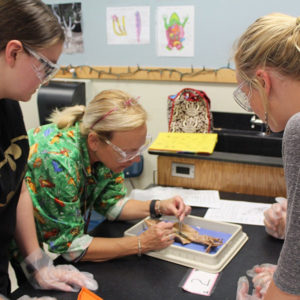What is it?
A driving question is an open-ended question that invites many possible answers or solutions. The DQ should align with your chosen learning outcomes and anticipated real world connections.
The DQ provides the focus for the project and should be the question that students consistently return to from day to day and week to week.
Why does it matter?
- A strong driving question should engage students’ curiosity and imagination.
- When students are curious, they are primed for new learning–they are paying attention, leaning in, their senses engaged.
- The open-ended nature of DQ’s encourages students to engage in complex thinking.
Creating a Driving Question
Keep your question as open-ended as possible.
- Avoid “yes” or “no” -type questions.
- Avoid questions that are easily “Googleable. ”
- Tailor the scope of your question to match the amount of time allotted for the project.
Question Starter, Action, Audience
- Question starter: “How might we…”
- Action: “…create a school that is welcoming…”
- Audience: “…for all 9th graders?”
Build your learning outcomes into your DQ
For example:
- How might we reduce food waste in the cafeteria… using data, statistics, and graphing?
- How might we increase voter turnout in our community… using persuasive writing?
DQ Alternatives
The DQ doesn’t actually have to be a question in some cases. You might also consider using a debate format, launching your project with an affirmative statement that students then argue for or against.
-
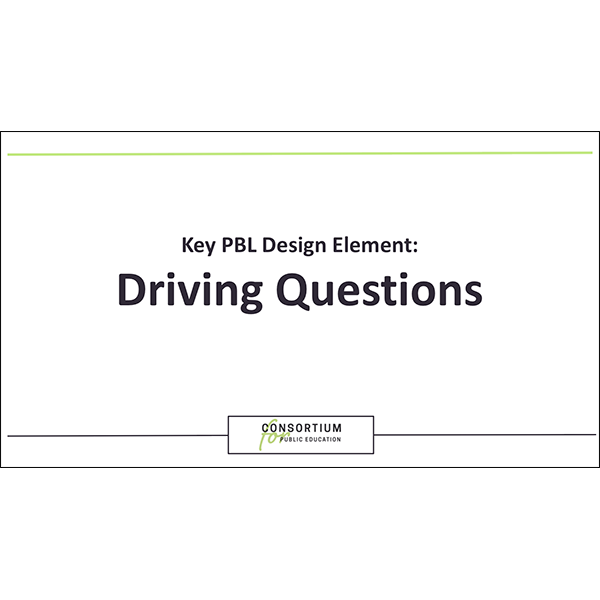
PBL: Driving Question Overview
A slide deck introduction and guidelines for creating driving questions.
Resource -
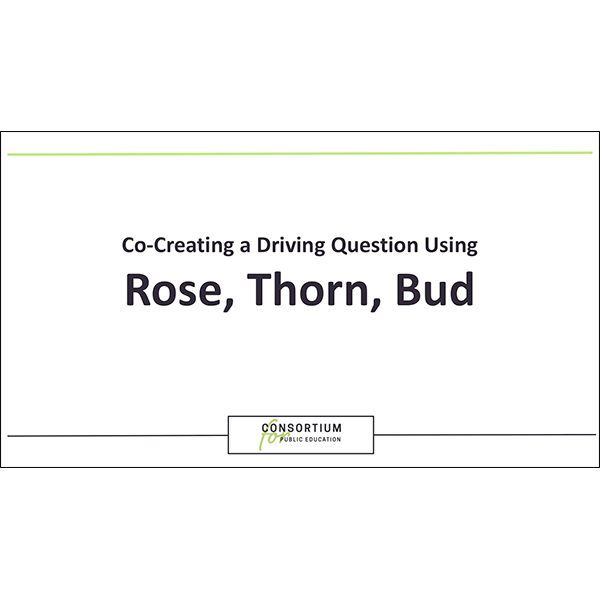
PBL: Co-Creating a Driving Question Using Rose, Thorn, Bud
A process for helping students define their own driving question.
Resource -
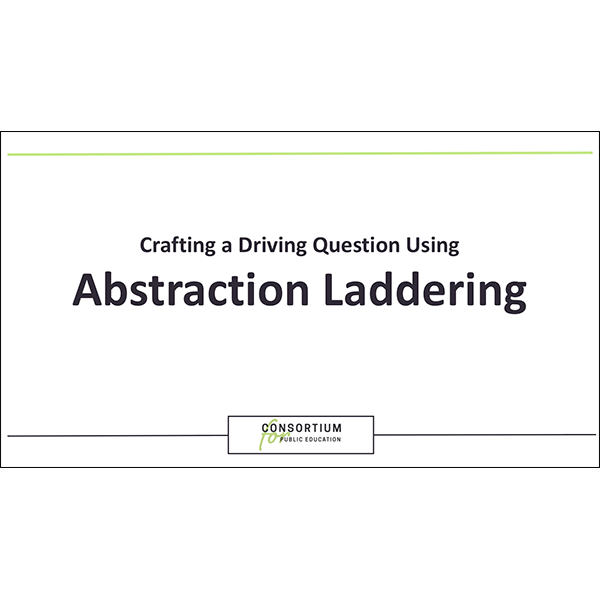
PBL: Crafting a Driving Question Using Abstraction Laddering
A challenge of “hows” and “whys” for discovering new driving questions.
Resource -
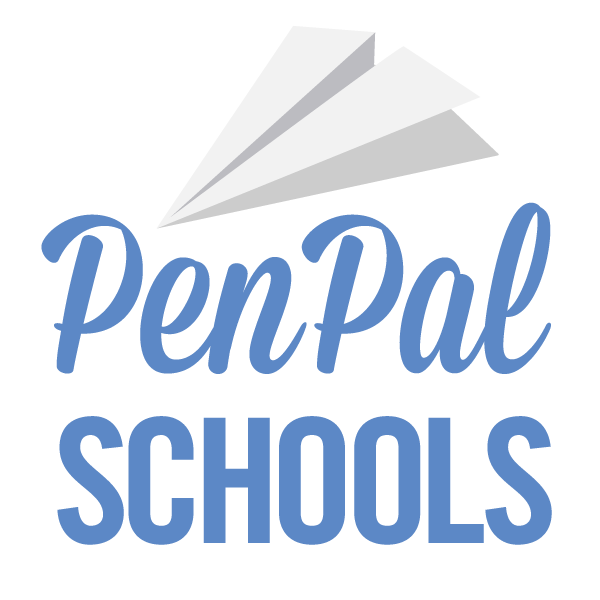
PBL: Pen Pal Schools Blog
The Pen Pal Schools Blog's approach to creating driving questions that help students see why their project is important.
Resource -

PBL: Essential Questions
Fifty examples of essential questions by subject area from the Wabisabi Learning website.
Resource
